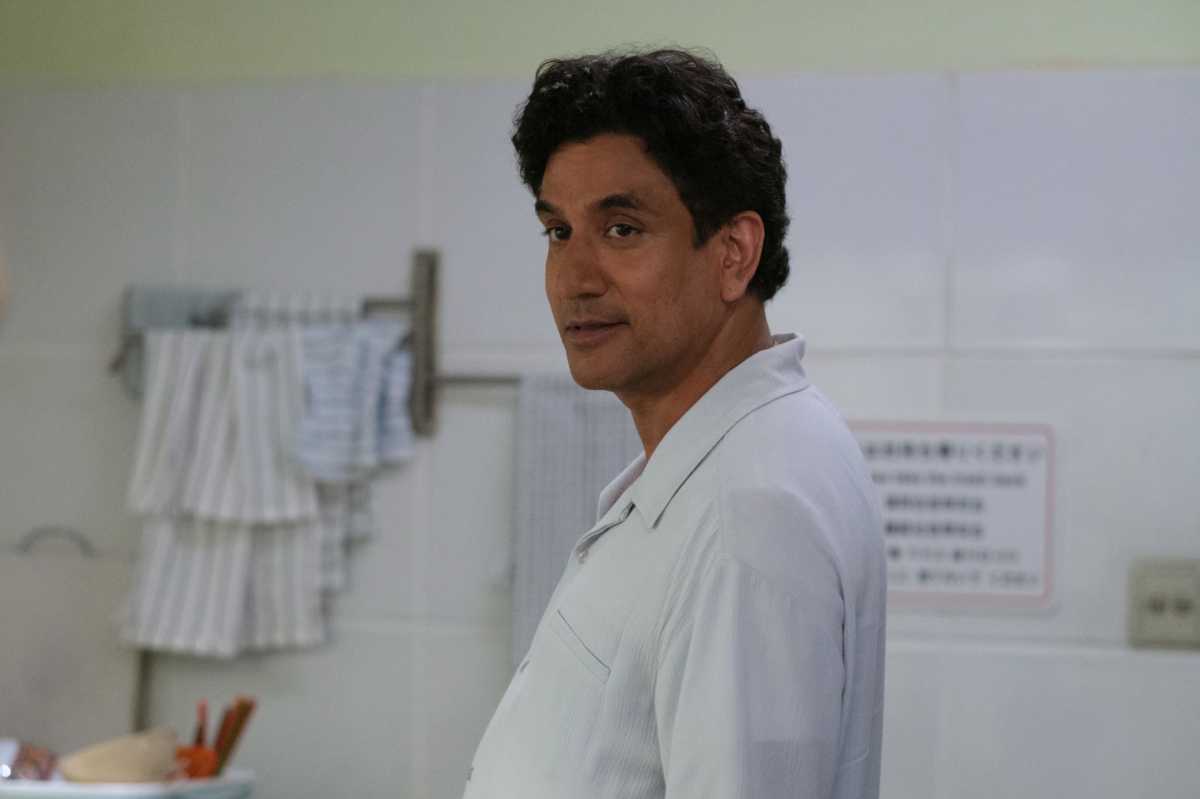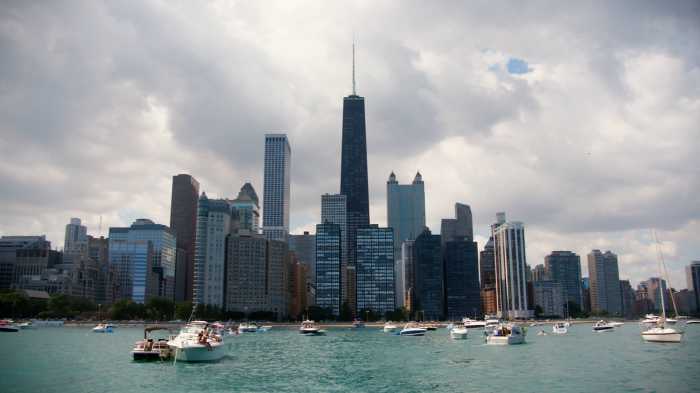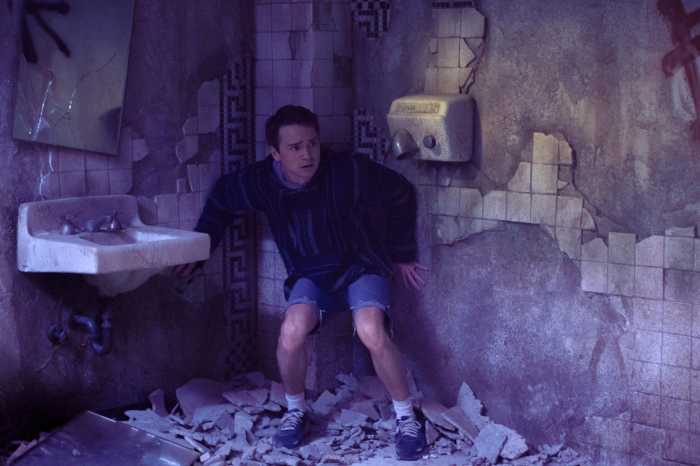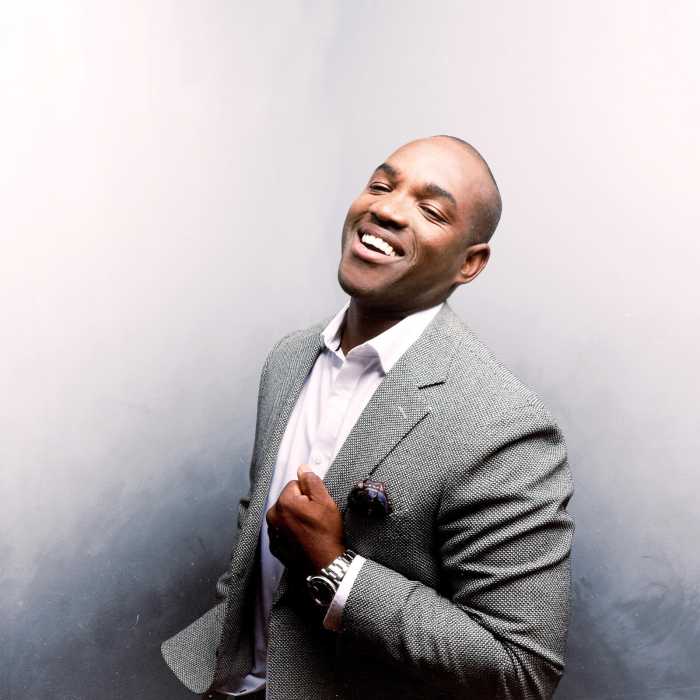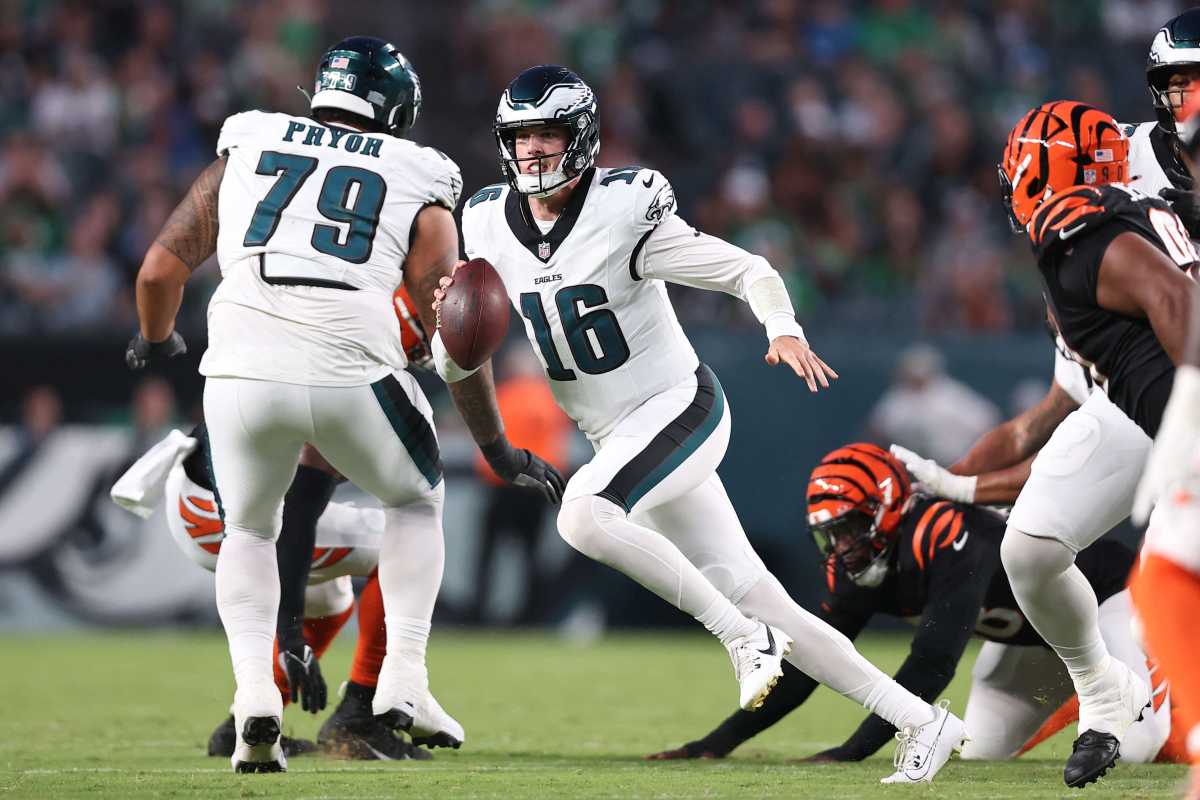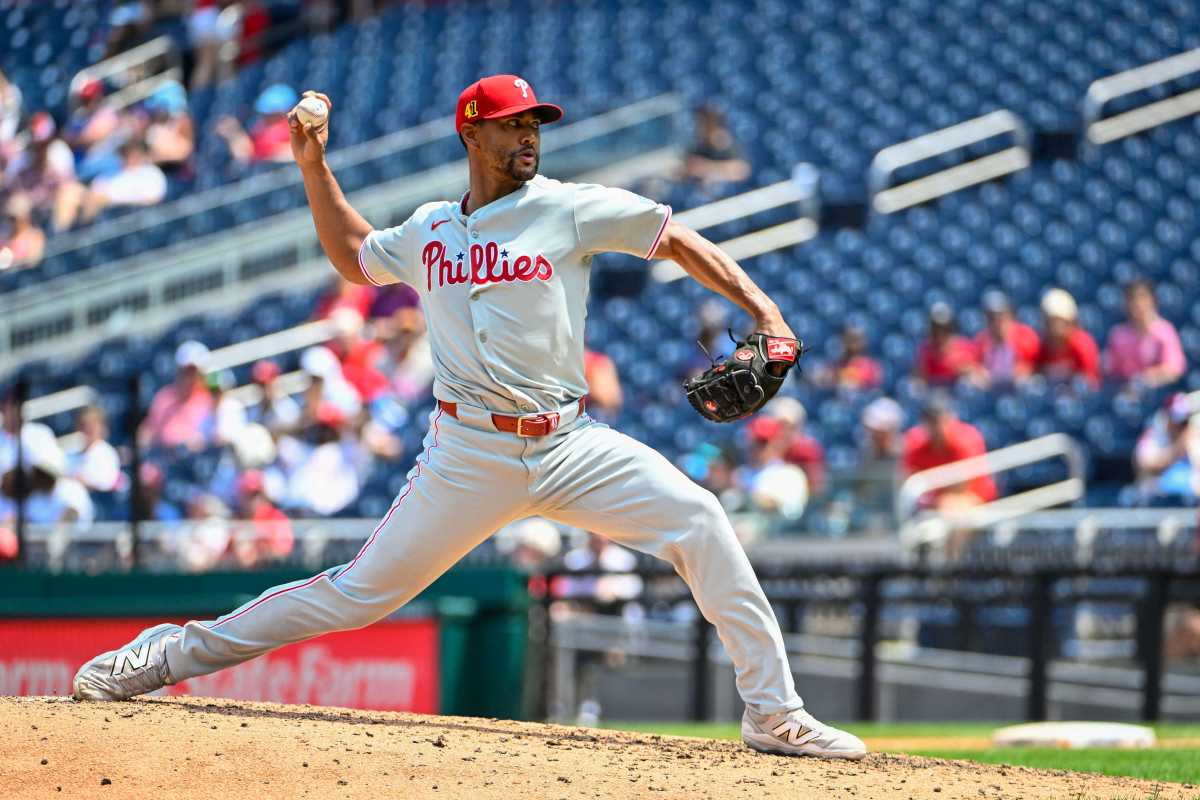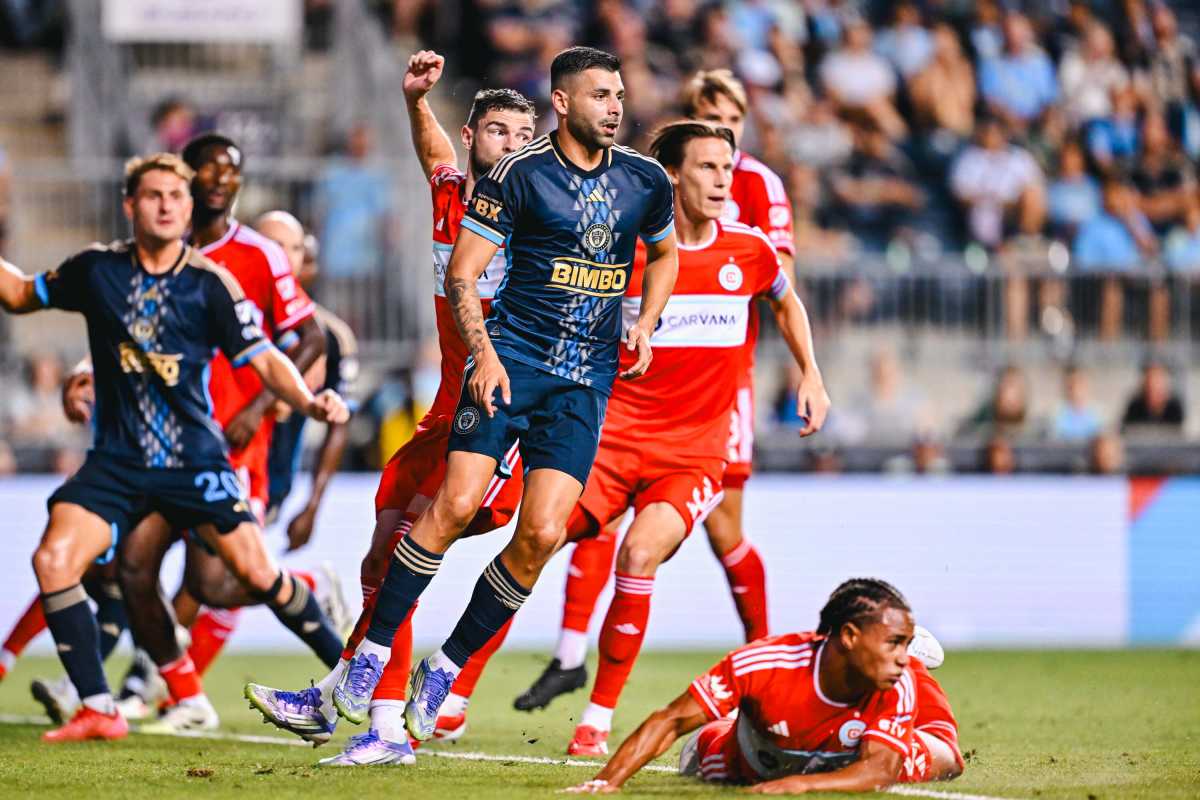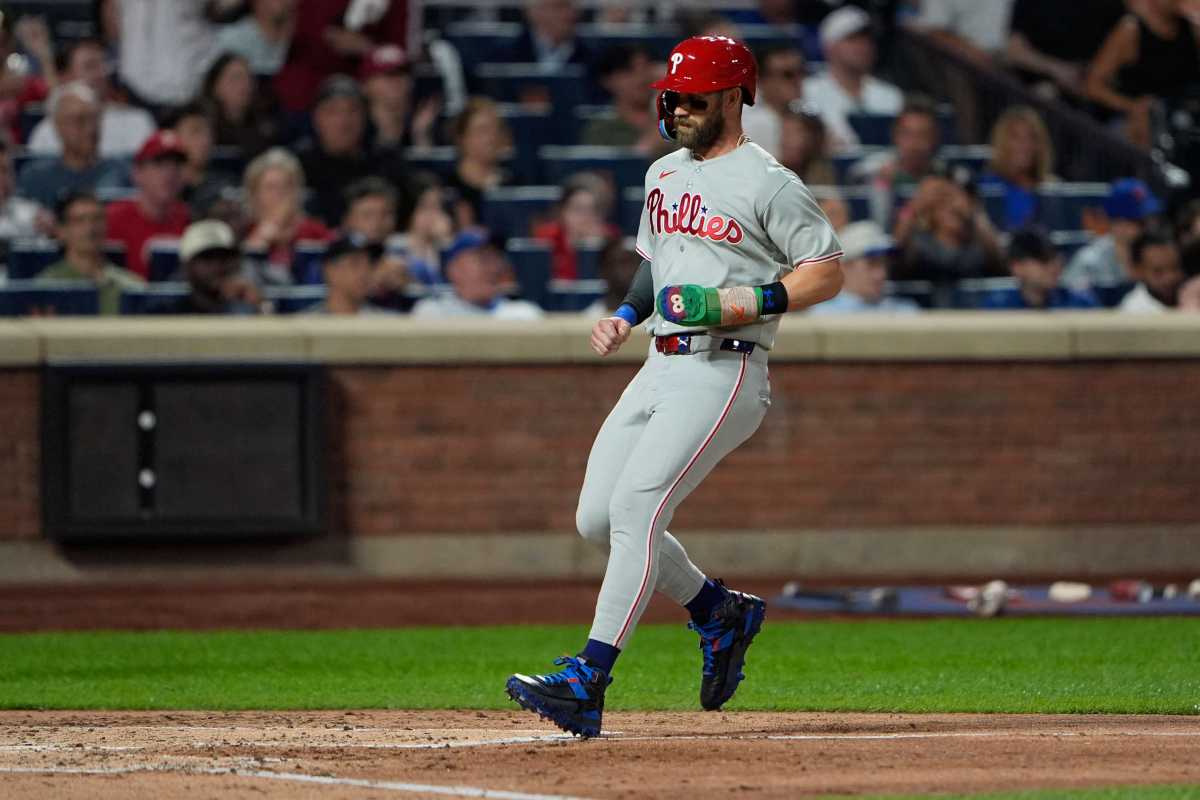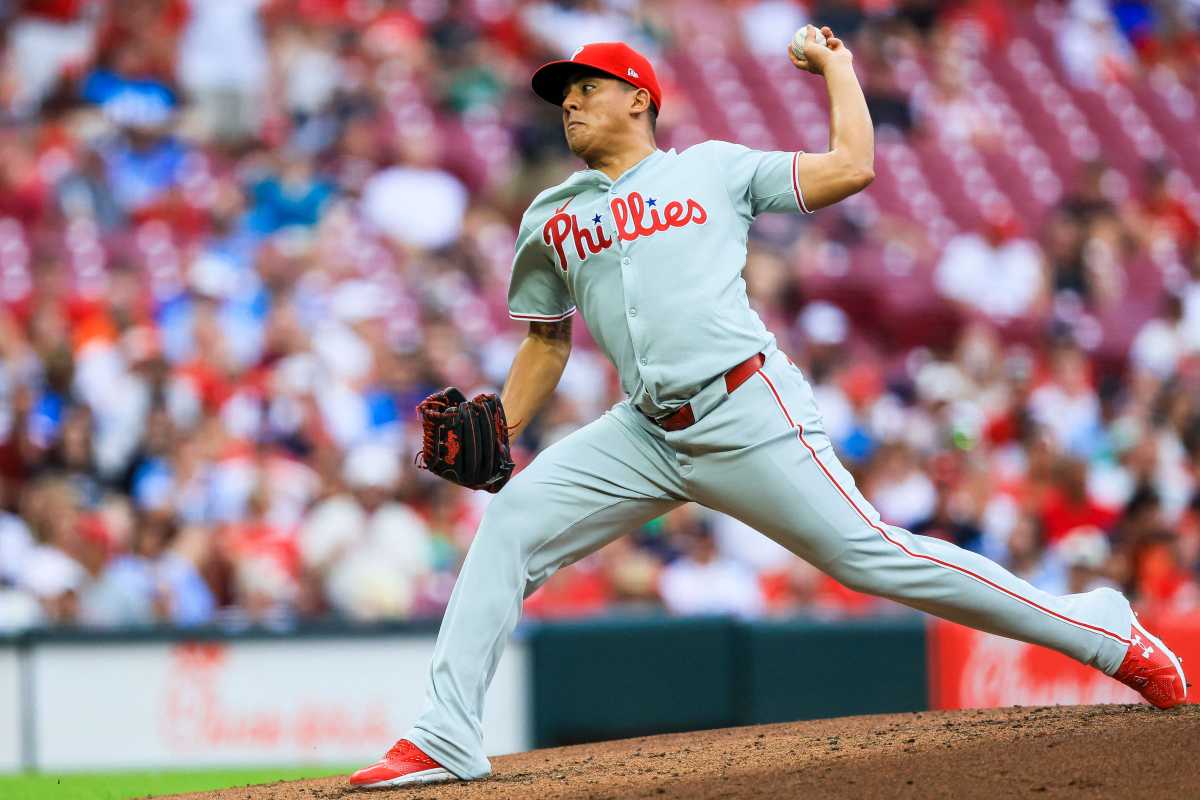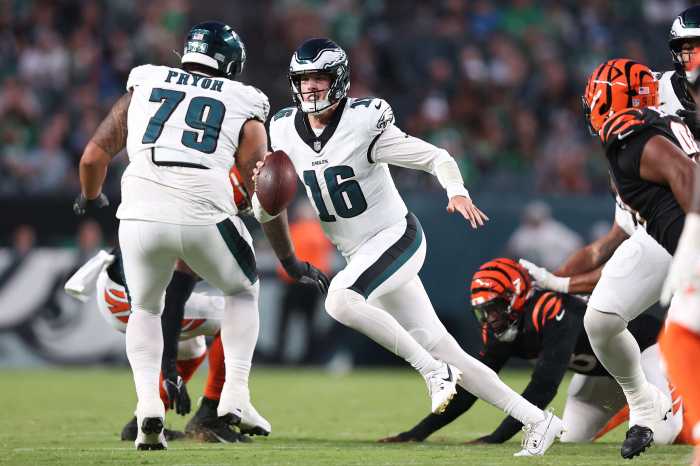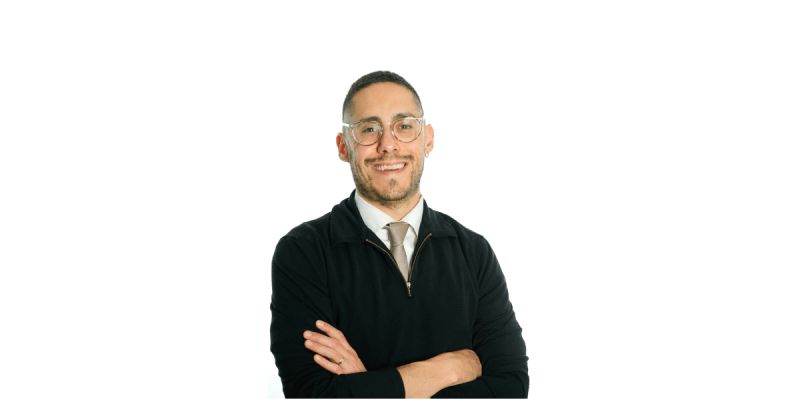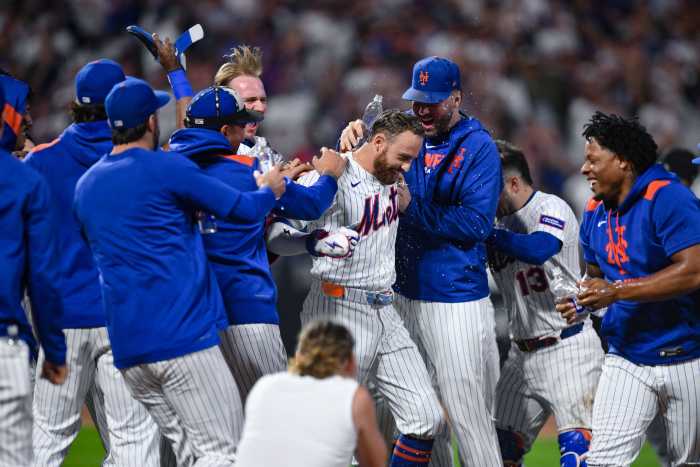When Theranos, the once-deemed “breakthrough health technology company” was found to be a complete fraud, the face of the corporation, Elizabeth Holmes, became a household name. As the case against the crooked organization began to unravel, so did everyone involved with Theranos, including Ramesh “Sunny” Balwani—former president and chief operating officer of the company, and Holmes’ ex-boyfriend.
Hulu’s new limited series, ‘The Dropout’ focuses on the inner-workings of the operation and how good intentions from Holmes (played by Amanda Seyfried) went bad, and love from Balwani (played by Naveen Andrews) went wrong.
To give more context on what Balwani might have went through, Andrews sat down to chat with Metro about making the new series, which premieres March 3 on the streaming platform.
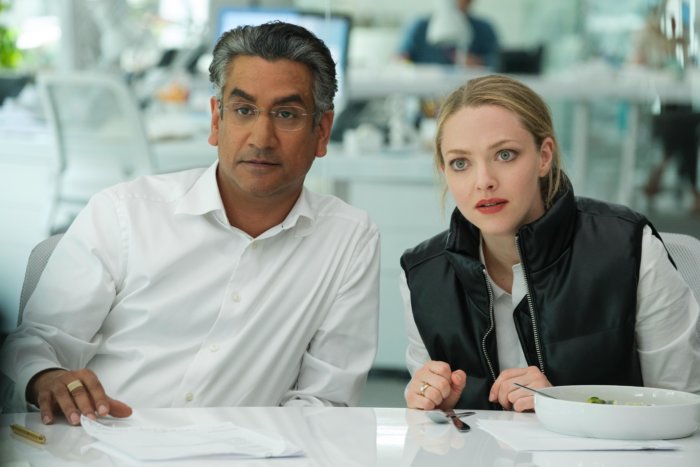
What was it about this project that made you want to sign on?
I was aware of the story when it broke…you couldn’t fail to be, it was everywhere. But, I wasn’t deeply interested because it had to do with companies and business and stocks—I didn’t find that particularly interesting. It was only when I got the script that I realized there were other dimensions to this story, which were almost Shakespearean. I thought ‘Macbeth’ to be honest. Then of course, the quality of Liz’s (Meriwether) writing, and then the idea that you can get that far with initially good intentions and what might happen on that journey…you don’t see that very often. It was deeply unsettling in a way.
What aspects of this story are Shakespearean to you ?
Well, from Sonny’s point of view: If there is a romantic aspect to his story and his significance, perhaps in her story, it’s the fact that he’s besotted with her and I think he still is—even after the trial. It’s how far would you go for love? What will you do if you love somebody that deeply?
As an actor, how do you approach playing a role based on a real person in ‘The Dropout’? Especially one who is only really known for such a crazy and public story?
There’s a certain amount of academic research that you can and must do. In terms of his generation and where he was born, to me it was significant [that] he was born in the Sindh province in what is now Pakistan. If you’re Hindu, to have to move because of discrimination or outright risk to your life and livelihood… I think that does something to you in terms of identity [and] in terms of displacement. There’s an emotional connection there, even though this person is quite remote from me. I think Amanda felt this as well, we have to approach these people as human beings. It was imperative not to make judgments or have preconceived notions about what we felt was morally right or wrong, or our notions of what is right or wrong that we’ve all got—hopefully, they’re similar but everyone’s different. So we had to throw that out really…you can’t play a human being if you’re making judgments about them.
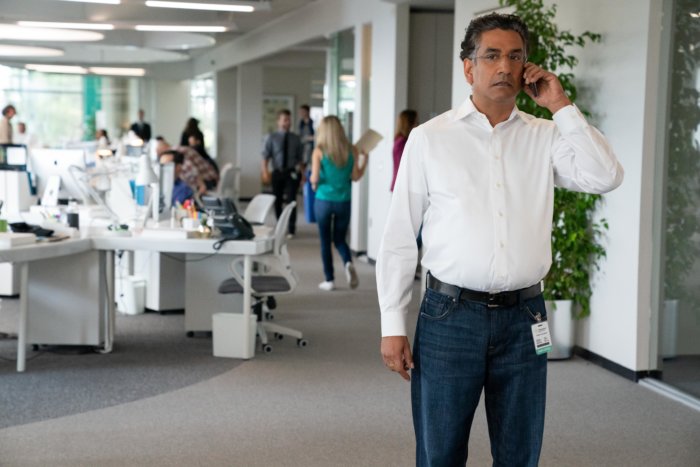
How would you describe Sunny and what he goes through?
One of the things that’s occurred to me is that, on a surface level, presentation is very important. It is for both of them. Her presentation—iconography if you like—and his, I have to say somewhat aggressive shield. His overprotectiveness in a sense. [It] masks something a lot deeper which rightly or wrongly, I felt was great insecurity behind all that. [It’s] to do with where he’s from and the whole immigrant ethos, because there’s always something behind what people present and their apparent confidence and display of ego.
It’s interesting timing with the release of this show because Sunny’s trial is coming up very soon. What are your feelings on what he’s about to go through?
Well, both of us again have felt this strange—there’s no other way to describe it—you become emotionally involved. So, you’re almost protective. It gets confusing because what we’ve created of our characters, their characters. But then, that can kind of blur and it extends to the real person. You can’t help that. But that’s a good thing I think, as odd as that may seem. I think things are working in terms of our piece if we are emotionally involved.
I’m assuming you didn’t get to talk to him before filming ‘The Dropout’?
I think it was a good thing—even if that had been available—in terms of what I’ve said about making judgments. I did look at his Twitter feed, and if I had an ounce of that self-worth I’d be a lot happier person I think. But again, that’s a judgment I’ve made, yeah? At some point it would be nice to meet the actual person. But in terms of what we were creating, it wouldn’t be so helpful.
So you would meet him now? What would you talk about?
Yes. If I had a question, just for me… it may be very difficult for him to answer, but I would ask: Do you believe that she loved you? Do you believe it? Does that sustain you? That’s what I would ask, and it’s a very personal question. He would probably tell me to f**k off.
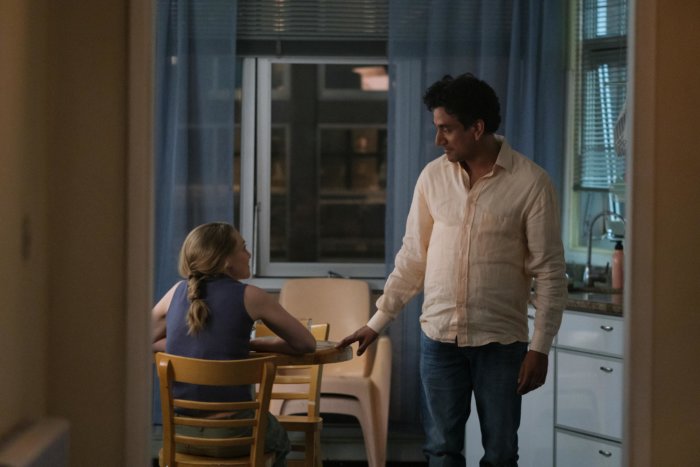
What do you think it was about Elizabeth that really enthralled Sunny Balwani to go so deep?
Well, I myself am somewhat perplexed as to what it was. But for him, I believe it was almost like a creation. I think there’s a line later on where he specifically [says that it] feels like you almost design and create somebody…And in a way we all do that to some extent perhaps in a romantic relationship. If you create a fiction say in your own mind and heart perhaps—that can be very powerful. Particularly that creation is cherished by you. Quite sad as well, and the stakes are very high.
With this highly publicized case, will ‘The Dropout’ give audiences much more detail that will surprise them about the Theranos case?
I would certainly hope so. And perhaps a general, broader question about: Is it right that these entrepreneurs, for want of a better term, are allowed un-channeled power and wealth and control over other people’s lives? I think if it raises that question it’s a good thing.
‘The Dropout’ premieres on Hulu March 3.



